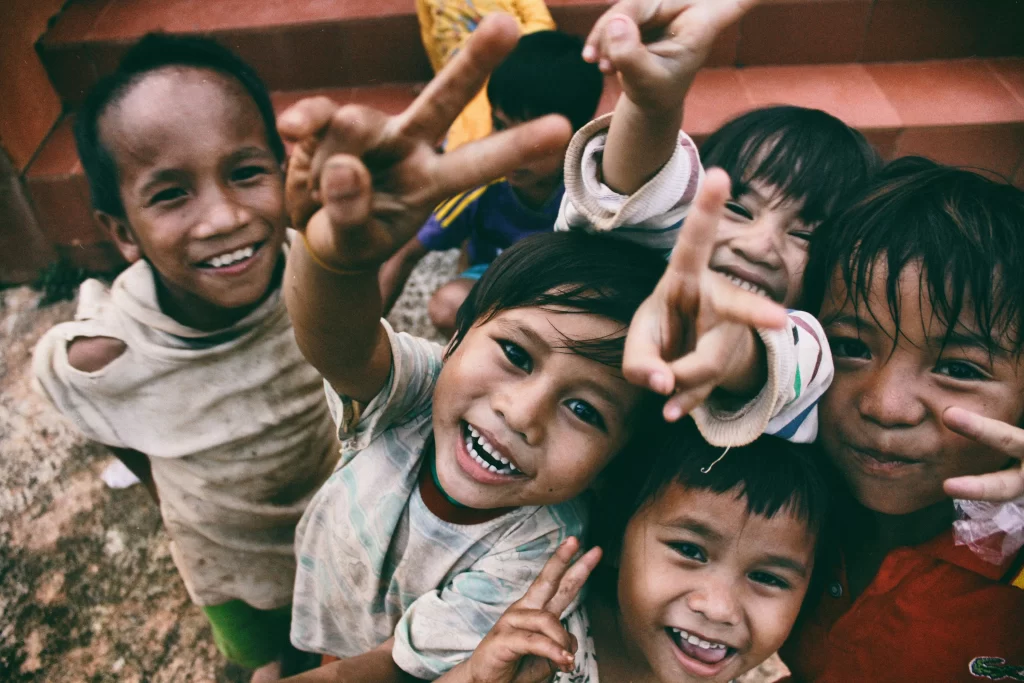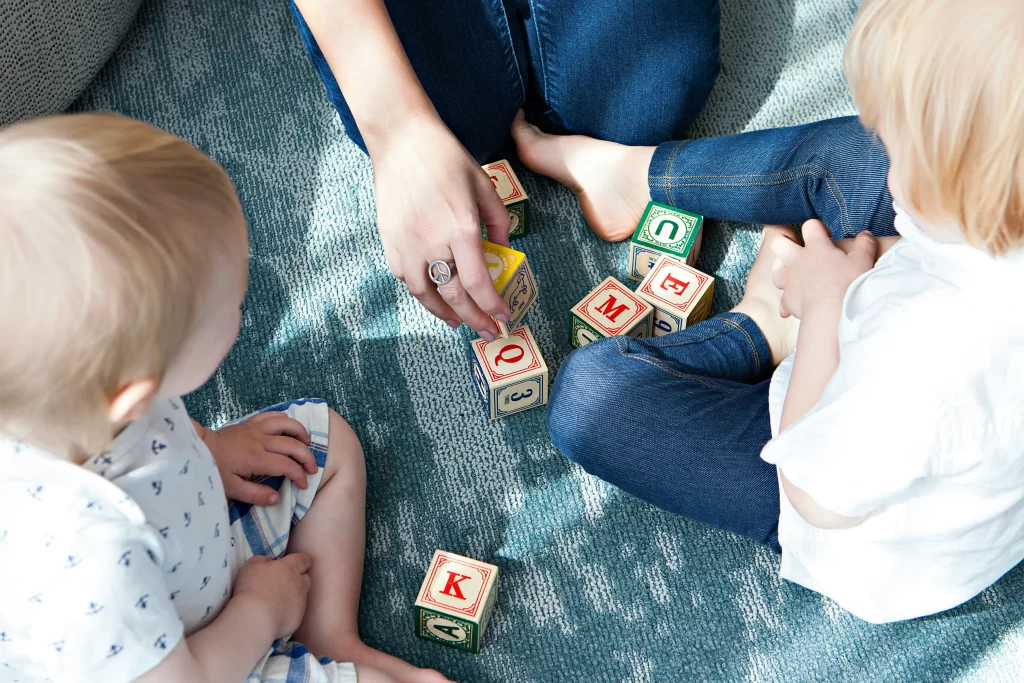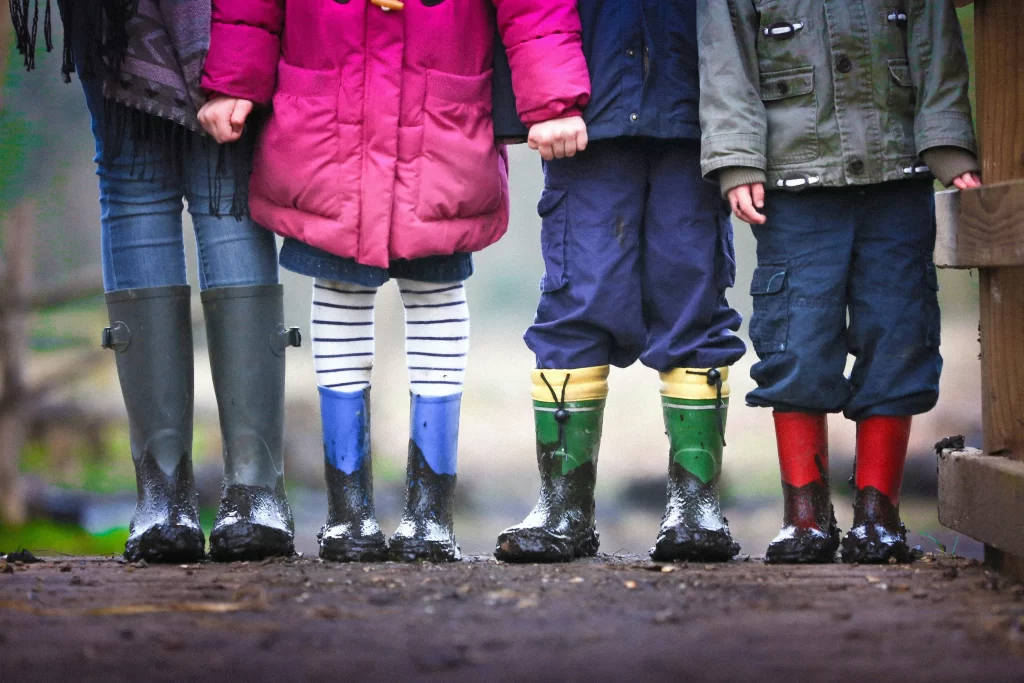The Psychological Impact of Poverty on Children

Importance for Readers
This essay provides essential information for those seeking to grasp the profound impact poverty has on children’s mental health. By shedding light on this crucial matter, the essay empowers readers to become advocates for policies and initiatives that tackle poverty’s underlying causes and foster the emotional well-being of at-risk youth within our communities.
I. Introduction
Poverty is a widespread issue that impacts the lives of countless children across the globe. It not only affects their physical well-being but also has significant repercussions on their mental health. In this essay, we will delve into the diverse ways in which poverty can influence the mental health of children, encompassing their emotional stability, cognitive growth, and social relationships.
II. Emotional Stress and Anxiety
Growing up in poverty often means facing ongoing hardships like not having enough food, not having a stable home, and witnessing conflict within the family. These constant stresses can lead to children feeling anxious, scared, and like there’s nothing they can do, which can hurt their emotional health overall.
III. Low Self-Esteem and Depression

Growing up in financial hardship can make kids adopt harmful beliefs about themselves. They may start to feel like they’re not good enough or don’t deserve anything. This is because they don’t have the same chances or resources as other kids. Feeling this way can damage their self-esteem and make them more likely to experience depression.
IV. Academic Challenges
When kids live in poverty, it can make it hard for them to get the best education they can. This can lead to them falling behind in their studies and not doing as well as they could in school. The worries that come with poverty can also make it hard for kids to focus, learn, and do well in school because it can make their minds not work as well.
V. Social Isolation and Stigmatization
Kids living in low-income situations can get isolated from other kids and face rejection because of money differences. This makes them feel left out, which can make them lonely, ashamed, and like they don’t belong.
VI. Behavioral Issues and Risky Behaviors
Poverty can harm children’s mental well-being. They may act aggressively, disobey rules, or act without thinking. To cope with their situation, they may turn to drugs or illegal activities.


